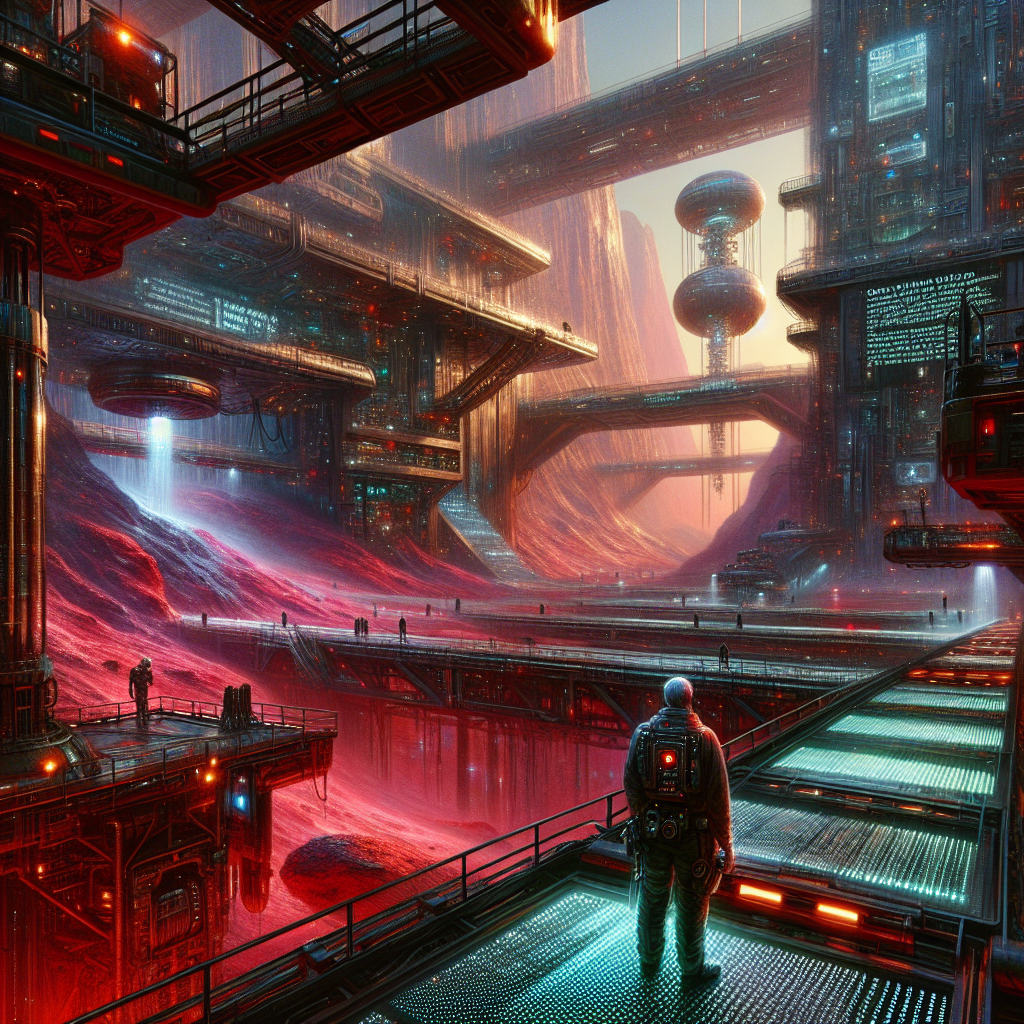
On June 3, 2025, the Dutch political landscape was shaken to its core when Geert Wilders, leader of the far-right Party for Freedom (PVV), abruptly withdrew from the coalition government led by Prime Minister Dick Schoof. This dramatic move, triggered by disagreements over asylum and migration policies, has toppled the fragile Schoof Cabinet after just 11 months in office, plunging the Netherlands into a fresh wave of political uncertainty. The collapse, driven by Wilders’ insistence on adding stringent immigration restrictions beyond the coalition’s original agreement, has left his coalition partners—the center-right VVD, the centrist New Social Contract (NSC), and the populist Farmer-Citizen Movement (BBB)—reeling, and it raises serious questions about the future of Dutch governance. With Prime Minister Schoof expected to tender his resignation and new elections looming, the fallout from this crisis reveals the volatility of coalition politics and the precarious position of Wilders as both a political force and a pariah.
The Schoof Cabinet, formed in July 2024 after months of contentious negotiations following the PVV’s shock victory in the November 2023 general election, was always a marriage of convenience. The coalition, comprising the PVV, VVD, NSC, and BBB, was an uneasy alliance of ideologically diverse parties united by little more than a desire to govern. The PVV, with its 37 seats in the 150-seat House of Representatives, emerged as the largest party, giving Wilders significant leverage. However, his coalition partners, particularly the NSC led by Pieter Omtzigt, were wary of his hardline anti-immigrant and anti-Islam rhetoric. To secure the coalition, Wilders agreed to moderate some of his more extreme positions, such as banning the Quran and mosques, and accepted a non-partisan prime minister in Dick Schoof, a seasoned civil servant. Yet, the cracks in this coalition were evident from the start, with frequent public spats and policy disagreements.
The immediate catalyst for the collapse was Wilders’ 10-point plan to radically slash migration, presented in late May 2025. The plan, which included a complete asylum stop, halting family reunions for refugees, and returning Syrians with temporary visas, went far beyond the coalition’s agreed-upon “strictest asylum policy ever.” When the Dutch Council of State criticized two related bills—the Asylum Emergency Measures Act and the Two-Status System Act—as poorly drafted and legally unviable, Wilders doubled down, demanding their immediate passage without amendments. His coalition partners, particularly the NSC, refused to budge, arguing that the bills were unenforceable and risked violating international obligations. The VVD and BBB, while more sympathetic to stricter immigration measures, also stood firm, pointing out that Wilders’ demands deviated from the coalition agreement. On June 3, Wilders took to X, declaring, “No signature for our asylum plans. No adjustment to the coalition agreement. PVV leaves the coalition.” Hours later, the Schoof Cabinet was no more.
The reaction from Wilders’ coalition partners was one of astonishment and frustration. NSC’s Nicolien van Vroonhoven called the move “reckless,” while BBB leader Caroline van der Plas expressed regret that Wilders had “chosen confrontation over cooperation.” VVD leader Dilan Yeşilgöz, who had cautiously opened the door to working with Wilders in 2023, remarked that his actions confirmed her doubts about his reliability as a partner. The collapse has left the NSC and BBB particularly vulnerable. Recent polls, such as those conducted by Ipsos I&O in late January 2025, show both parties facing significant losses in hypothetical new elections. The NSC, once a rising star under Omtzigt’s leadership, has seen its support plummet from 20 seats to single digits, with voters disillusioned by its inability to stabilize the coalition. The BBB, which surged in the 2023 provincial elections, has also faded, with its agrarian populist appeal overshadowed by the PVV’s dominance on the right. In contrast, the PVV remains strong, with polls suggesting it could maintain or even increase its 37 seats, potentially making it the largest party again.
However, Wilders’ triumph may be pyrrhic. His decision to blow up the coalition is not without precedent. In 2012, the PVV withdrew support from the first Rutte Cabinet over budget cuts, leading to its collapse and a subsequent electoral setback for Wilders. His pattern of unpredictable behavior—making bold demands, threatening crises, and walking away when he doesn’t get his way—has cemented his reputation as an unreliable partner. While the PVV’s base admires his uncompromising stance, as evidenced by supportive posts on X like those from @EvaVlaar praising his focus on “remigration,” other parties are likely to think twice before entering another coalition with him. The VVD, NSC, and BBB, burned by this experience, may join other parties like the CDA, D66, and Volt—already skeptical of Wilders—in ruling out future cooperation. Even if the PVV wins the most seats in the upcoming elections, forming a majority without allies will be nearly impossible in the Netherlands’ fragmented, proportional system.

The collapse also raises broader questions about the viability of far-right parties in government. Wilders’ PVV, like other radical-right movements in Europe, thrives on its outsider status, railing against the establishment and promising sweeping change. Yet, governing requires compromise, a skill Wilders has consistently struggled with. His insistence on pushing legally dubious and extreme policies, such as declaring a state of emergency to bypass parliament on asylum measures, alienated even his more conservative allies. The NSC’s Omtzigt, a stickler for constitutional integrity, was particularly vocal about the need for enforceable laws, highlighting the ideological chasm between the PVV and its partners. This tension reflects a broader challenge for far-right parties: their rhetoric may win elections, but their policies often falter under the scrutiny of governance.
For Prime Minister Schoof, the collapse is a personal and professional blow. Appointed as a neutral figure to bridge the coalition’s divides, he faced criticism for his passive leadership style, particularly during earlier crises like the resignation of NSC’s Nora Achahbar over alleged racist remarks by cabinet members. Schoof’s inability to rein in Wilders or unify the coalition has tarnished his reputation, and his expected resignation will mark the end of a brief and turbulent tenure. The Netherlands now faces a period of caretaker governance, with new elections likely months away. In the interim, pressing issues like the budget, climate policy, and support for Ukraine—where the coalition had maintained a unified stance—will face delays.
Looking ahead, the Dutch political landscape is at a crossroads. The PVV’s continued strength suggests that immigration will remain a dominant issue, reflecting broader European trends. Yet, Wilders’ isolation may open the door for a center-right or centrist coalition, potentially led by the resurgent CDA or a revitalized VVD. The decline of NSC and BBB could also shift votes to parties like D66, Volt, or the left-leaning GroenLinks-PvdA, which finished second in 2023. Whatever the outcome, the collapse of the Schoof Cabinet underscores the fragility of coalitions built on uneasy compromises and the challenges of integrating far-right parties into governance. Wilders may have won the battle for his base, but his scorched-earth tactics risk leaving him on the sidelines of Dutch politics once again.
Sources:
-
NL Times, “Dutch Cabinet collapses: Wilders pulls out of coalition after his PVV stalls asylum policy,” June 3, 2025
-
Euronews, “Geert Wilders threatens Dutch coalition with cabinet crisis over migration plan,” May 26, 2025
-
Posts on X, June 3, 2025









































